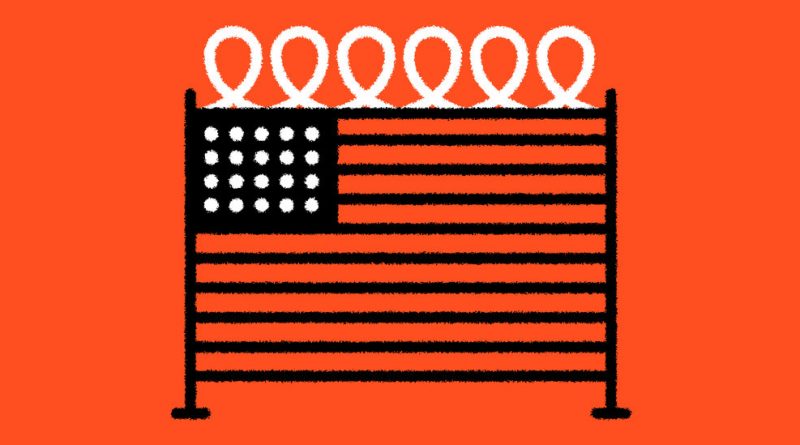The Week in Business: Don’t Say You Weren’t Warned
[ad_1]
Have a safe and socially distanced July Fourth. You know the rules, annoying as they are. And fresh outbreaks in many states prove the dangers of wishful thinking. Here’s what else you need to know for the week ahead in business and tech.
What’s Up? (June 21-27)
Too Much, Too Soon
That terrifying resurgence of coronavirus infections that health officials warned us about? It’s here. The United States reported its largest one-day total of new cases last week, more than two months after the previous high. This time, it’s ravaging states in the South and West that lifted their business restrictions aggressively. Several states, including North Carolina, Louisiana and Kansas, hit pause on reopening plans, and Texas and Florida shut down bars again. Markets fell as investors realized that the virus is far from contained, and the International Monetary Fund warned that the global economy is looking even worse than it previously thought it would, as businesses around the world continue to reel from the pandemic.
Access Denied
Back in April, President Trump ordered a 60-day ban on new green card holders coming to the United States. Last week, he extended the restriction through the end of the year, and expanded it to include many temporary work visas. (Green card holders who are already in the United States can stay.) The point of the freeze is for American workers to be first in line for jobs as the economy recovers from the pandemic. But some business groups say this will hurt them more than help. The order will keep out foreign researchers and academics, and will also affect highly skilled workers in tech and medicine and at multinational corporations.
Facebook on the Defensive
What’s Next? (June 28-July 4)
Hold the Meat
Plant-based “meat” is starting to sound less weird as companies like Beyond Meat and Impossible Foods expand their partnerships with restaurants and fast-food chains. And the pandemic hasn’t hurt sales: Impossible Foods’ chief executive said that business has been bolstered by the recent virus-related meat shortages. Burger King added the Impossible Croissan’wich to its menu this month (it already sells an Impossible Whopper), and Starbucks began serving a breakfast sandwich made with Impossible “sausage” at its American locations last week. Starbucks also serves products made by Beyond Meat at its stores in China and Canada — so the vegan meat race is on.
Out of the Weeds
The pharmaceutical giant Bayer will pay one of the largest settlements in the history of American civil litigation — $10 billion — to plaintiffs who claim that one of its products, the weedkiller Roundup, causes cancer. Bayer consistently maintains that Roundup is safe to use and will continue to sell it without warning labels. The settlement also includes funds for potential future claims. It may seem a risky bet, but Roundup is such a big seller that Bayer is willing to take on the liability.
Your Apps Are Watching … for Now
Apple is introducing new privacy features that will make it harder for apps to track your behavior. As you may already know (or suspect), many apps on your phone stalk your location and digital activities, and there’s not much you can do about it besides delete them. But Apple is promising to make your phone a little less creepy with its new operating system, iOS 14, which comes out this fall and will require third-party apps to ask your permission to monitor you.
What Else?
The Treasury Department failed to check death records before sending out stimulus funds. As a result, $1.4 billion in aid went to dead people. Johnson & Johnson has been ordered to pay $2.1 billion in damages to women who claim they got ovarian cancer from the company’s talcum products, including its widely used baby powder. And the struggling airline industry may take another hit if the European Union bars American travelers this summer, a decision that Europe is considering in light of the United States’ failure to contain the coronavirus.
Was this newsletter forwarded to you? Sign up here.
